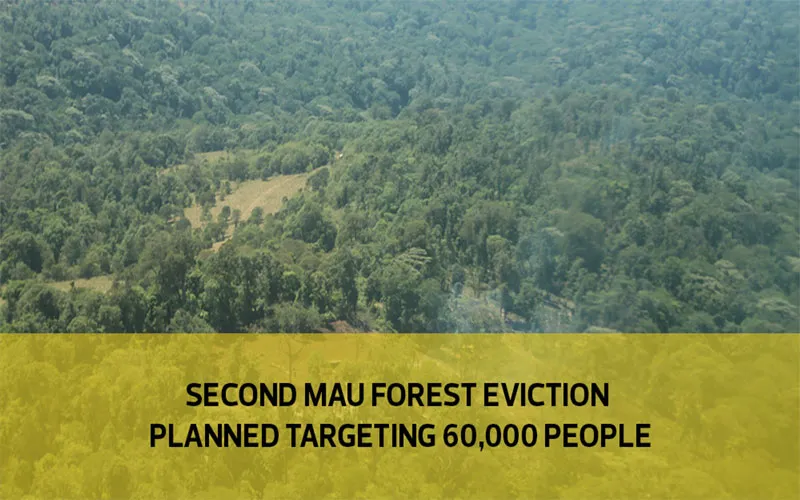Nairobi, 09 November, 2019 / 3:09 am (ACI Africa).
While the reclamation of one of East Africa’s largest water towers, Mau Forest, has been welcomed by both political and religious leaders in the country, the process of evicting those who have settled in the catchment of the main rivers providing water to western Kenya has been faulted, with a section of Catholic Bishops who have spoken to ACI Africa demanding for a humane approach.
“Yes, we know we need to conserve Mau, we need to plant trees and all that but let us also really see how do you deal with the people who have been living there,” Bishop Dominic Kimengich of Kenya’s Lodwar diocese told ACI Africa in an interview early in the week.
“Let us treat them in a very humane way, find solutions for them without just burning their houses and evicting them then they go nowhere,” Bishop Kimengich added in reference to people who have considered Mau forest their home over the years and who are facing forcible eviction.
Situated on the Mau Escarpments in the Great Rift Valley of Kenya, Mau Forest, which serves as Kenya’s largest water tower is East Africa’s largest indigenous montane forest.
Illegal immigrants into the forest over the years led to clearing of trees and vegetation to pave way for their settlement, impacting negatively on the environment.








